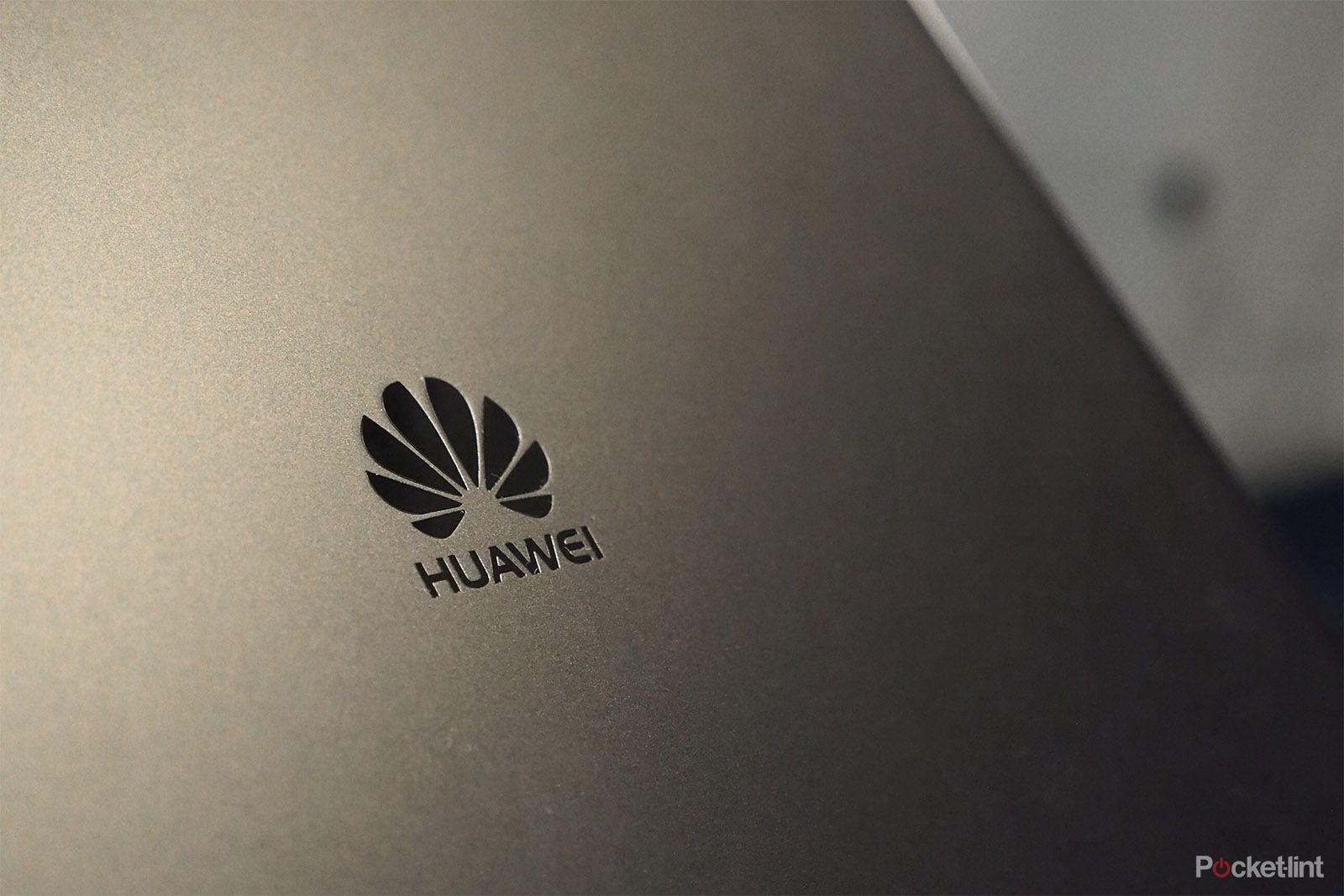The US Department of Commerce has reversed a decision to impose rules making it harder for American companies to deal with Huawei, after an intervention from the Pentagon and Treasury Department, it has emerged.
The rule had promised to change the requirements to let US companies sell electronic goods to Huawei from overseas locations without needing export licenses. Currently, the goods being sold need to contain no more than 25% materials or patents created by non-US companies. The proposed rule was going to lower this threshold to 10%, making it significantly more likely that companies wouldn't be able to sell to Huawei.
The key to the intervention from the Pentagon and Treasury appears to lie in a strong suspicion from those departments that the rule change, while it would harm Huawei's business interests as intended, would also do too much damage to US businesses which would find themselves unable to trade with the company.
Huawei, though, is far from out of the woods, even if it has some unlikely allies batting for it within the US government. The embattled company remains a live target for President Trump's administration, since his executive order barring US companies from using telecommunications equipment manufactured by it.
The Chinese company's move away from Android to its own new HarmonyOS system, for example, is a demonstration of how Google's inability to license its software is playing out.
Meanwhile, the suggestion that there is significant discord about how to deal with Huawei from within the US's governing bodies is an interesting one, though not entirely surprising.
In the UK, Huawei's potential part in laying the infrastructure foundations for a growing 5G mobile network is also coming under extreme scrutiny, with many observers, including prominent voices from the US, warning that Huawei's ties to the Chinese government make it unsuitable to develop the UK's network.

